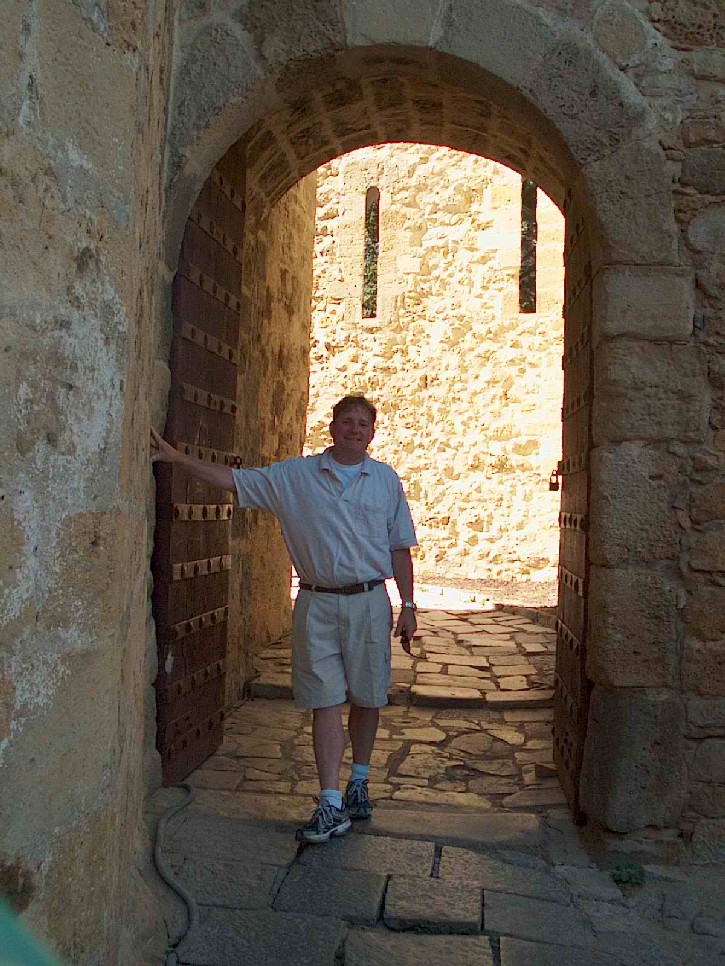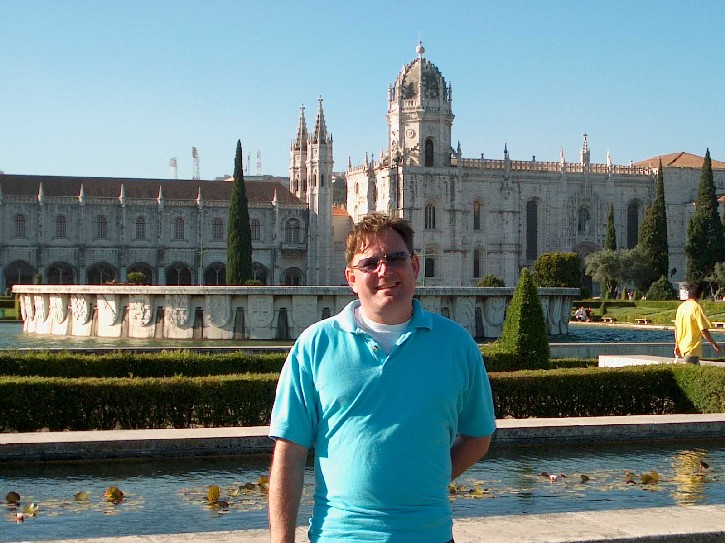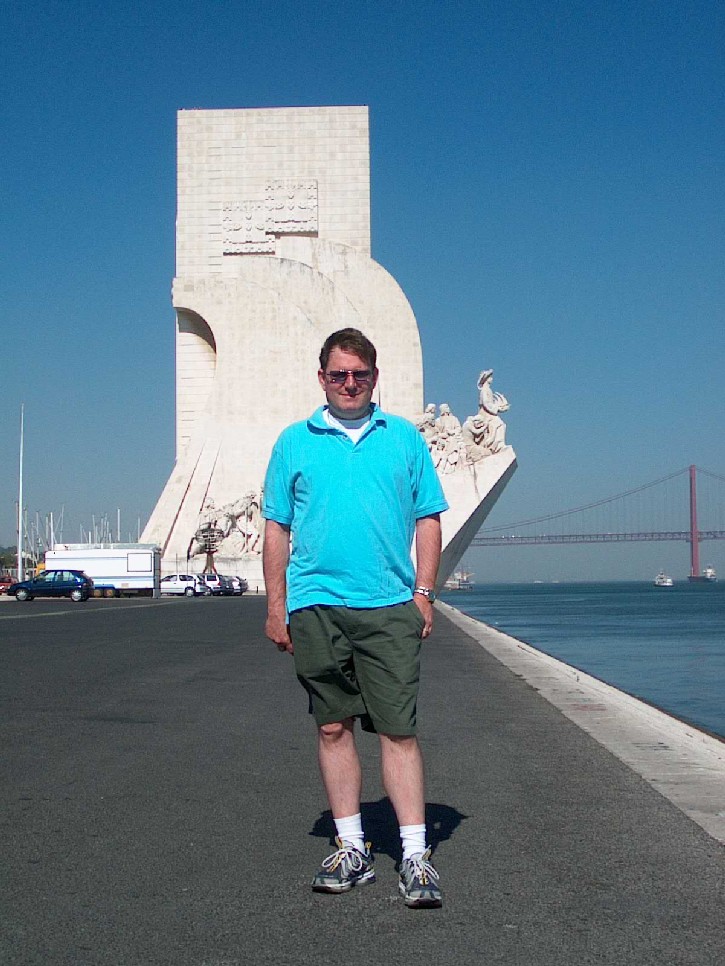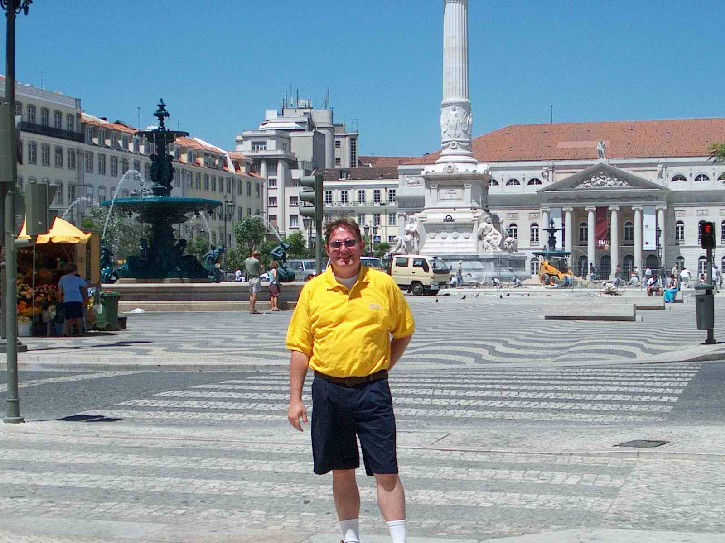Portugal
Portugal is a stunningly beautiful country with clean cities and an abundance of natural wonders. Most of the country is mountainous and is bordered by some of the Atlantic Ocean's most stunning beaches and beautiful nation of Spain. I found the people to be friendly and sites to be plentiful. One of the most unique things about the capital Lisbon, is the exquisite use of tiles on the facades of the many buildings and in the city squares. We traveled to Portugal in 2002. We have traveled extensively to the Azores Covid (see link to the Azores site below) and we expect to return to mainland Portugal in the next few years.
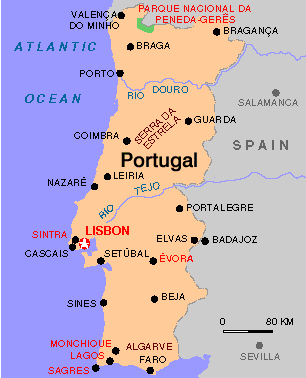 |
Portugal’s story begins over 3,000 years ago with Celtic tribes, followed by Romans, Visigoths, and Moors who left their mark on the land. The country truly emerged in 1143 when Afonso Henriques declared independence from León and became its first king. By the 15th and 16th centuries, Portugal launched the Age of Exploration, building a vast global empire from Brazil, Indian Goa, and Chinese Macau, driven by legendary navigators like Vasco da Gama and Prince Henry the Navigator.With wealth came power—but also rivalry. Wars, a devastating 1755 earthquake in Lisbon, and a union with Spain (1580–1640) tested the country's strength. By the 19th century, Portugal had lost most of its empire, and by 1910, it became a republic. A long dictatorship under Salazar followed, ending with the peaceful Carnation Revolution in 1974. Today, Portugal is a democratic nation known for its rich cultural heritage, maritime legacy, and deep-rooted resilience. It's small in size but mighty in history. |
 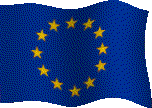 |
